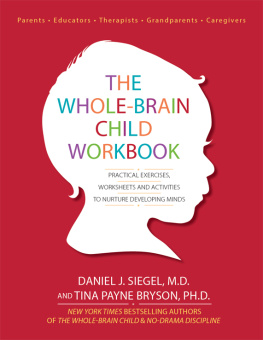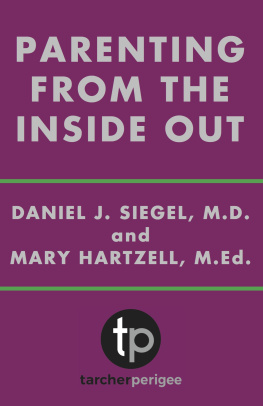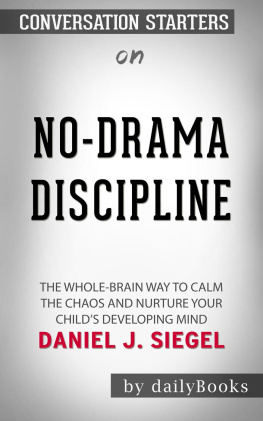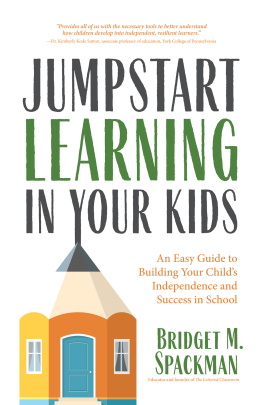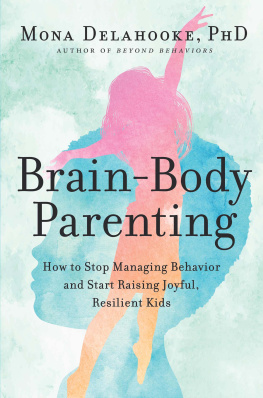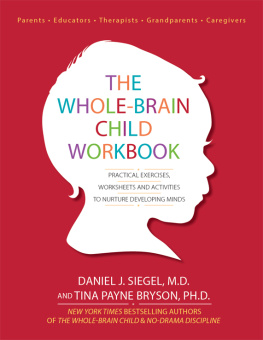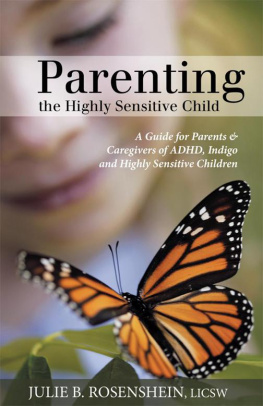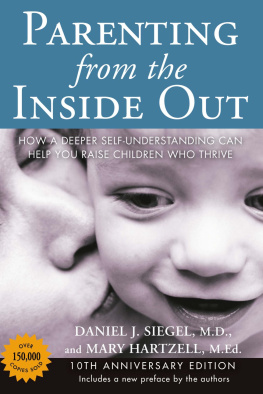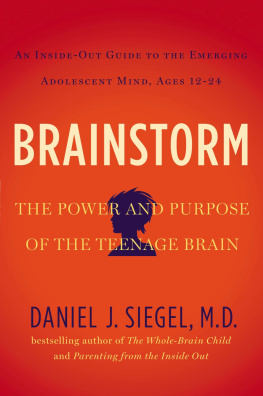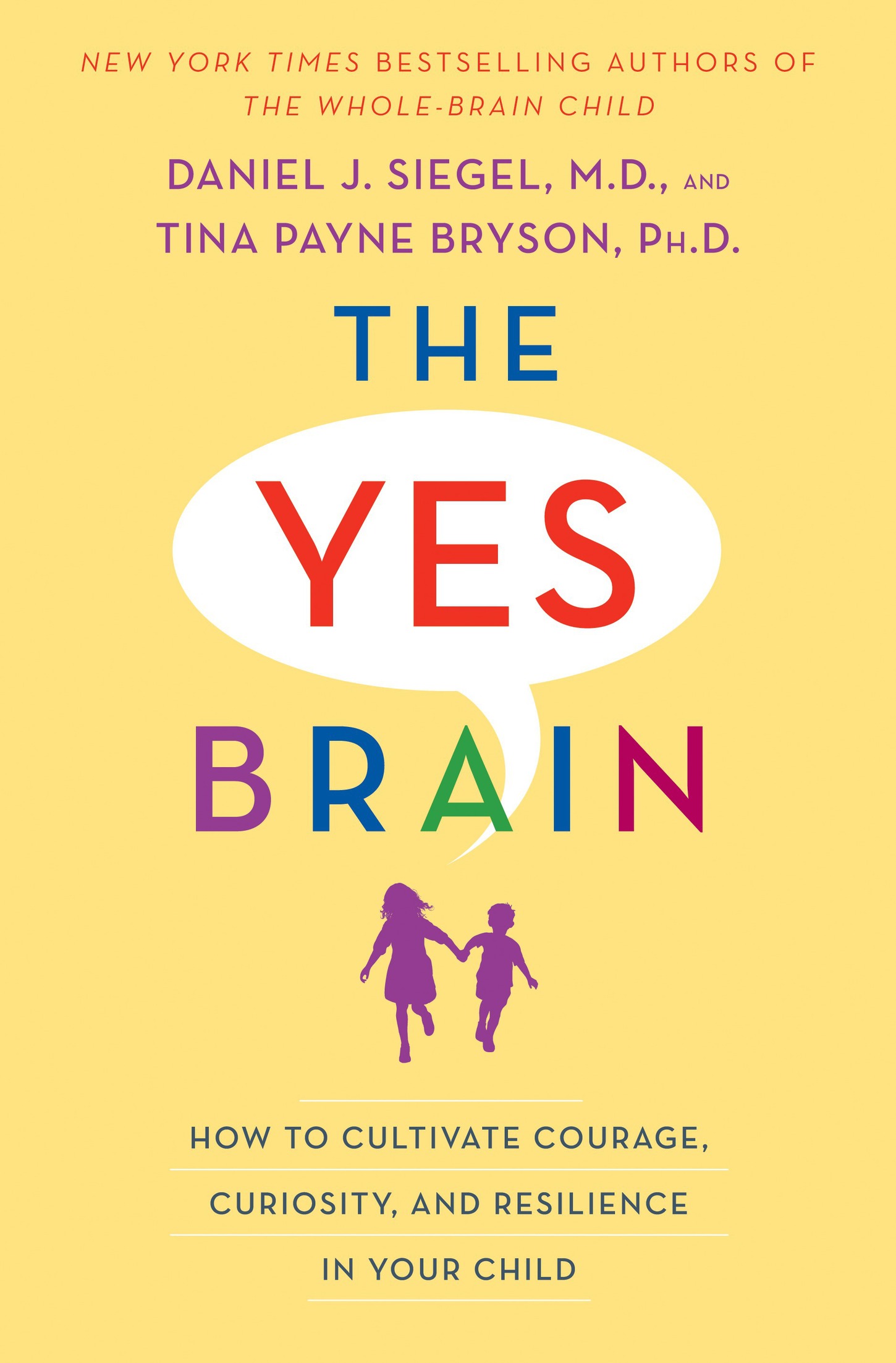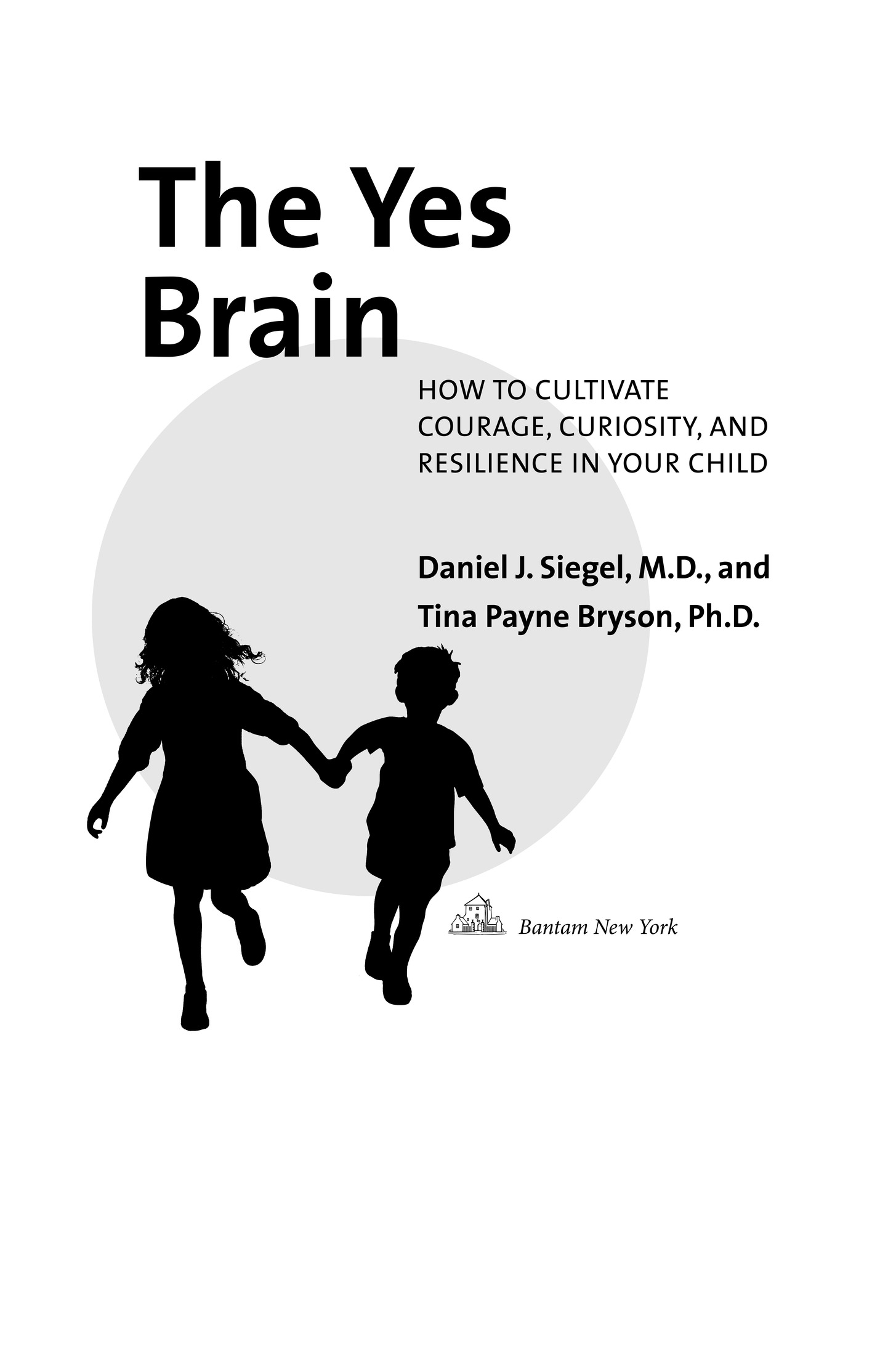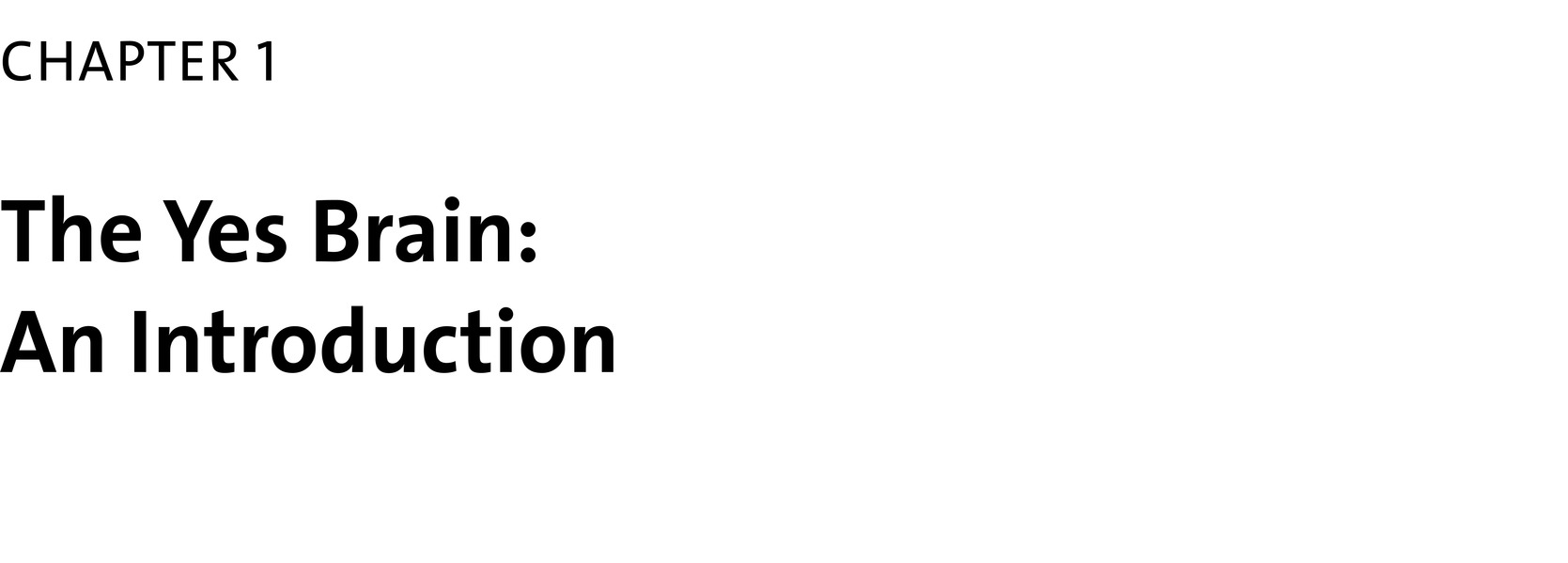All identifying details, including names, have been changed except for those pertaining to the authors family members. This book is not intended as a substitute for advice from a trained professional.
Copyright 2018 by Mind Your Brain, Inc., and Tina Payne Bryson, Inc.
All rights reserved.
Published in the United States by Bantam Books, an imprint of Random House, a division of Penguin Random House LLC, New York.
B ANTAM B OOKS and the H OUSE colophon are registered trademarks of Penguin Random House LLC.
The section entitled Balance and the Overscheduled Child on , and any direct quotes are reprinted with permission.
Im not afraid of storms, for Im learning how to sail my ship.
WELCOME
Theres so much I want for my kids: happiness, emotional strength, academic success, social skills, a strong sense of self, and more. Its hard to know where to even start. What characteristics are most important to focus on to help them live happy, meaningful lives?
We get some version of this question everywhere we go. Parents want to help their kids become people who can handle themselves well and make good decisions, even when life is challenging. They want them to care for others but also know how to stand up for themselves. They want them to be independent and also enjoy mutually rewarding relationships. They want them to avoid melting down when things dont go their way.
Whew! Thats quite a list, and it can put a lot of pressure on us as parents (or as professionals who work with kids). So where should we focus our attention?
The book youre holding is our attempt to offer a response to that question. The essential idea is that parents can help children develop a Yes Brain, which produces four key characteristics:
Balance: the ability to manage emotions and behavior, so kids are less likely to flip their lids and lose control;
Resilience: the ability to bounce back when lifes inevitable problems and struggles arise;
Insight: the ability to look within and understand themselves, then use what they learn to make good decisions and be more in control of their lives;
Empathy: the ability to understand the perspective of another, then care enough to take action to make things better when appropriate.
In the pages that follow, well introduce you to the Yes Brain and discuss practical ways you can nurture these qualities in your children and teach them these important life skills. You really can help your kids become more emotionally balanced, more resilient in the face of struggles, more insightful when it comes to understanding themselves, and more empathic and caring toward others.
We couldnt be more excited to share this science-inspired approach with you. Come with us, and enjoy the journey of learning about the Yes Brain.
Dan and Tina
This book is about helping kids say yes to the world. Its about encouraging them to open their minds to new challenges, to new opportunities, to who they already are and all they can become. Its about giving them a Yes Brain.
If youve heard Dan speak, you may have participated in an exercise where he asks his audience to close their eyes and pay attention to their bodily and emotional responses when he repeats a particular word. He begins by somewhat harshly saying no over and over again. He repeats it seven times, then switches to yes, which he says much more gently, again and again. He then asks the audience members to open their eyes and describe what they experienced. They report that the no portion of the exercise left them feeling shut down, upset, tense, and defensive, whereas when Dan repeated the affirming yes, they felt open, calm, relaxed, and lighter. The muscles of their face and vocal cords relaxed, their breathing and heart rate normalized, and they became more open, as opposed to restricted or insecure or oppositional. (Feel free to close your eyes now and try the exercise for yourself. Maybe enlist the help of a relative or friend. Notice what goes on in your body as you repeatedly hear the word no, and then yes.)
These two different responsesthe yes response and the no responsegive you an idea of what we mean when we talk about a Yes Brain, as well as its opposite, a No Brain. If you expand that and think about it as an overall outlook on life, a No Brain leaves you feeling reactive when you interact with people, which makes it nearly impossible to listen, make good decisions, or connect with and care for another person. A focus on survival and self-defense kicks into gear, leaving you feeling guarded and shut down when it comes to interacting with the world and learning new lessons. Your nervous system initiates its reactive fight-flight-freeze-or-faint response: fight means lashing out, flight means escaping, freeze means temporarily immobilizing yourself, and faint means collapsing and feeling utterly helpless. Any of these four reactive responses to threat can become triggered, preventing you from being open, connecting to others, and offering flexible responses. Thats the reactive No Brain state.
The Yes Brain, in contrast, emerges from different circuits in the brain that become activated and lead to receptivity rather than reactivity. Scientists use the term social engagement system to refer to the set of neural circuits that help us connect openly with othersand even our own inner experience. As a result of receptivity and an active social engagement system, we feel much more capable of addressing challenges in a strong, clear, and flexible way. In this Yes Brain state, we open ourselves to a sense of equanimity and harmony, allowing us to absorb, assimilate, and learn from new information.
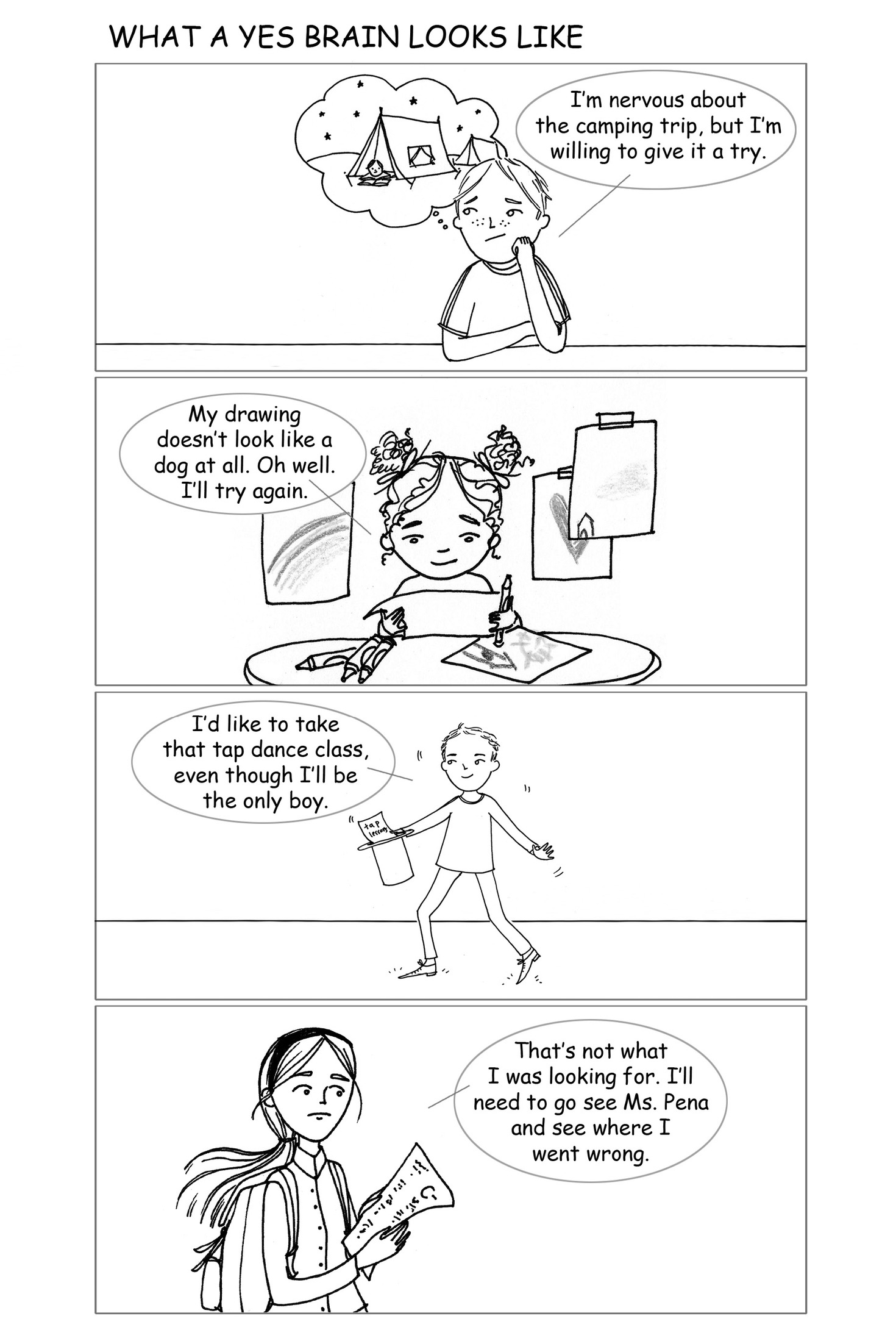
This Yes Brain mindset is what we want for our kids, so that they learn to view obstacles and new experiences not as paralyzing impediments but simply as challenges to be faced and overcome and learned from. When kids work from a Yes Brain mentality, theyre more flexible, more open to compromise, more willing to take chances and explore. Theyre more curious and imaginative, less worried about making mistakes. Theyre also less rigid and stubborn, which makes them better at relationships and more adaptable and resilient when it comes to handling adversity. They understand themselves and work from a clear internal compass that directs their decisions as well as the way they treat others. Guided by their Yes Brain, they do more, learn more, and become more. They say yes to the world from a place of emotional equilibrium, welcoming all that life offerseven when circumstances dont go their way.
Our opening message to you is a thrilling one: you have the power to promote this type of flexibility, receptivity, and resilience in your children. This is what we mean by mental strengthgiving your kids a strong mind. Not by making them attend a lecture series on grit and curiosity, or by initiating lots of long, intense, stare-into-each-others-eyes conversations. In fact, your everyday interactions with your children are all you need. Simply by keeping in mind the Yes Brain principles and lessons well show you in the coming pages, you can use the time you spend with your kidswhile driving to school, eating dinner, playing together, or even arguing with themto influence the way they respond to their circumstances and interact with the people around them.


